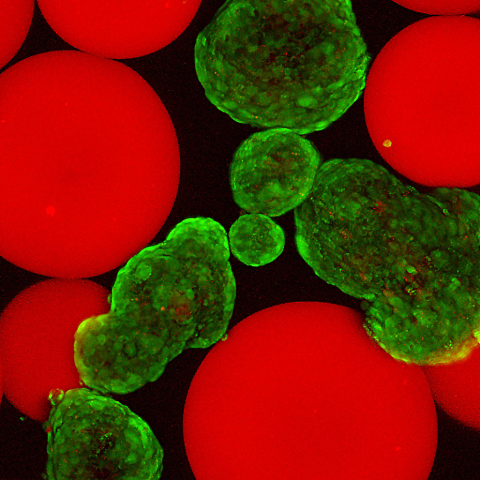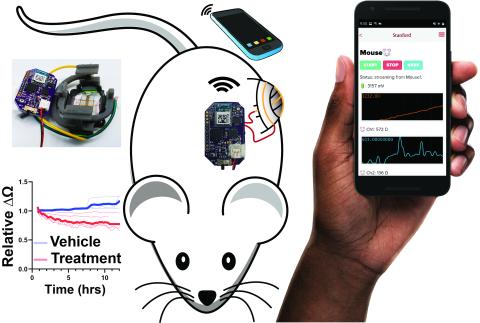
Research suggests organizations can address bias associated with salary negotiations with individuals with disabilities

Analysis of ‘growth mindset’ research suggests little to no positive effect on student performance

Banning scooters may reduce sidewalk congestion and keep would-be riders and pedestrians safer, but it comes at a cost.

Georgia Tech researchers have developed a new biomaterial called iTOL-100 that could cure Type 1 diabetes by inducing immune acceptance of curative transplanted cells without immunosuppression.

The Sustainability Next Plan features six key priorities that touch nearly every aspect of the Institute, each with specific objectives and strategies for implementation.
MARTA Reach, a six-month pilot launched in March as part of a collaboration of MARTA and Georgia Tech

A new study published in the Journal of the American Medical Association suggests that, with proper instruction, children as young as 4 can effectively perform self-sampling with nasal swabs for testing.

Engineers at the Georgia Institute of Technology and Stanford University have created a small, autonomous device with a stretchable/flexible sensor that can be adhered to the skin to measure the changing size of tumors below.
Researchers at Georgia Tech and clinicians at the Emory University School of Medicine are bringing a new understanding to these complicated conditions with the first high-resolution visualizations of stable spiral waves in human ventricles.
Largest grant ever awarded to a Georgia Tech-led coalition of partners to drive Build Back Better initiatives
Pagination
- Previous page
- 3 Page 3
- Next page
